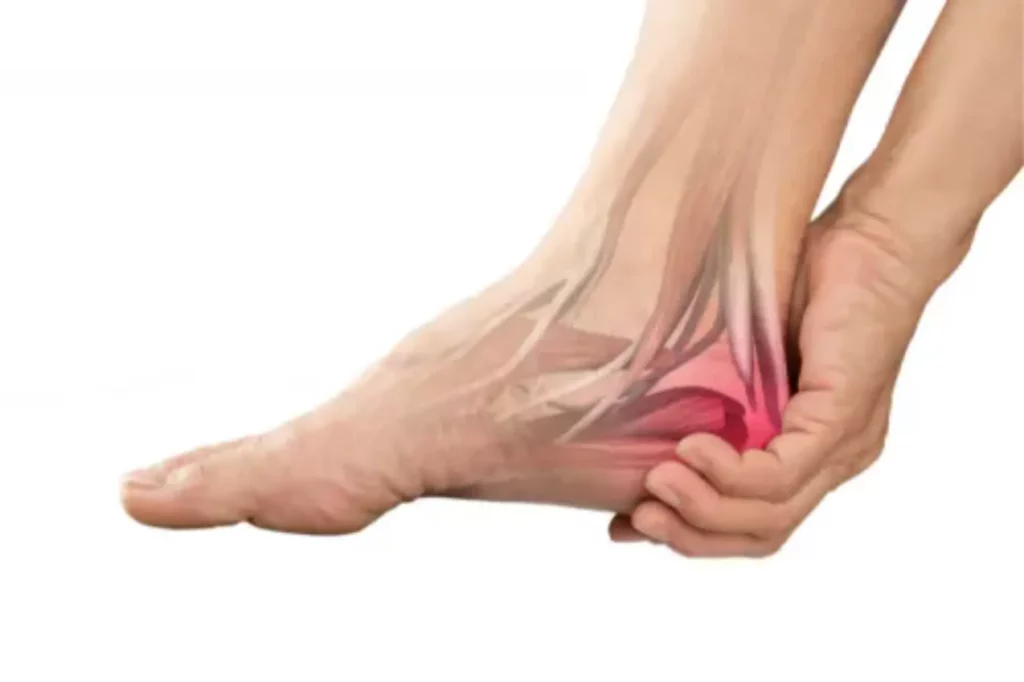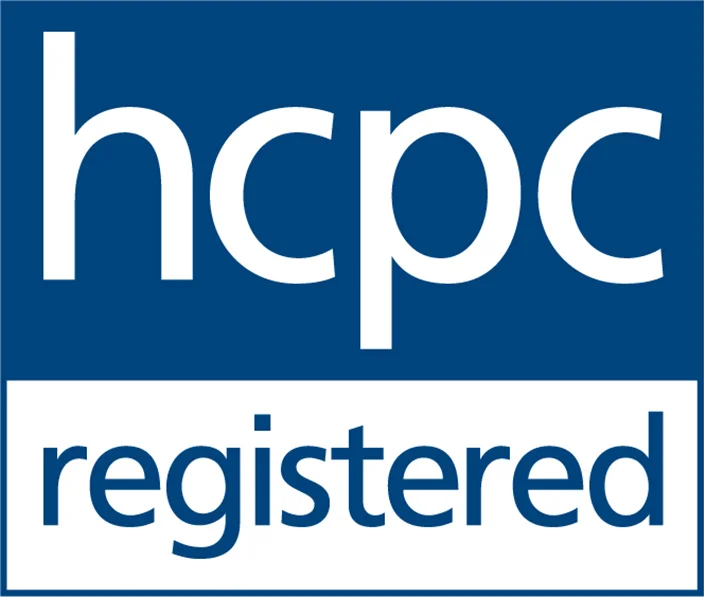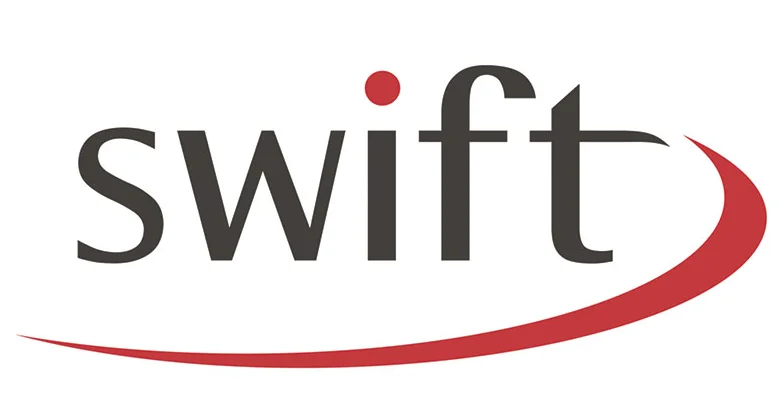Heel pain can be surprisingly restrictive. It can easily become an obstacle in achieving your fitness goals, maintaining mobility or even restricting your social life.
Your heel is designed to absorb the weight of your body, so it plays a very important role in your mobility. And when something is wrong, this can lead to considerable pain. The heel absorbs the impact of your foot hitting the floor when you walk or run, so, therefore, if you increase your exercise intensity, or perhaps put on a bit of weight, this can have an adverse effect on your heel.
During the lockdown, many of us worked from home, enabling us to perhaps increase our exercise routine, or possibly we were guilty of eating more, increasing our weight. This has led to a large influx of heel-related injuries.
Do you find yourself hobbling around first thing in the morning? Or after you have been sitting and resting for a while? Read on, and we may be able to help you!
The Causes of Heel Pain
There are a number of conditions that can cause heel pain; some examples are:
- Nerve entrapment
- Bursitis
- Heel stress fractures
- Plantar fat pad injuries
- Plantar Fasciitis/Fasciopathy
- Arthritis
- Sever’s disease
- Muscle tightness
The most common cause of heel pain is Plantar fasciopathy, which is more commonly known as Plantar Fasciitis. It is caused by straining the part of your foot that connects your heel bone to your toes (plantar fascia). As a result of injury or overuse, the plantar fascia swells up, becomes inflamed and suffers tiny tears.
Treatment options for heel pain
If you have been suffering from heel pain, you should definitely consider visiting a podiatrist.
A podiatrist will delve into the history of your foot pain, taking note of your symptoms and be able to diagnose plantar fasciopathy. A full biomechanical assessment will be conducted.
Treatment for this condition can be varied, and 90% of cases can be resolved without surgery. The most common approaches are as follows:
- Strengthening and stretching exercises
- Shockwave Therapy (ESWT)
- Periods of rest
- Orthotics
- Taping
- Footwear advice
- Applying ice
- Steroid injections
- Massage
If you are suffering from heel pain, but it is not getting better or have any other foot-related health problems, please don’t hesitate to book an appointment or call us on: 01252 717177






